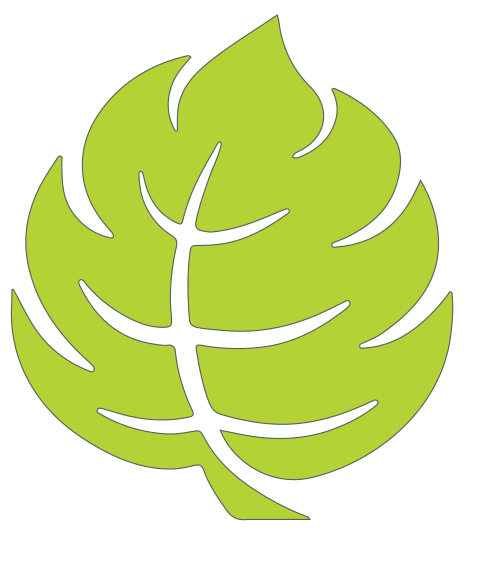If you have a varicose vein problem, you may not be so happy about the rise in temperature. Many varicose veins sufferers may find that their varicose vein symptoms suddenly intensify.
But why is that?
The reason exactly: the heat itself.
Rising temperatures cause varicose veins to soften, become softer and lose elasticity. As a result, varicose vein circulation deteriorates further, and the onset of heat exacerbates the problems.
But what can be done?
Practically anything that has a varicose vein tightening effect is good (lots of walking, back exercises), but one of the most effective solutions in folk medicine is the use of herbs.
Creams have been used for centuries as a form of medicine. Their action is based on the fact that our skin - our largest organ - is a lively metaboliser, both excreting and absorbing substances. This enables it to absorb the active ingredients in creams and deliver them to the subcutaneous layers. There are undoubtedly advantages to a topical, massage-in cream treatment: the active ingredient is fully absorbed and works where it is needed.
It's worth looking into natural ways to relieve varicose vein pain, and also to look into natural remedies. Many people are unaware of how many effective remedies are available. If we get closer to nature and look around nature's pharmacy, remedies without side effects have already proven their effectiveness in varicose veins. Forty years of research on horse chestnut have already proven the 'vasodilator' effect of its active ingredient, but according to folk medicine, not only horse chestnut but many other herbs have similar effects.
VARIKOFLEX EXTRA BALM contains a special concentration of 20 herbs, with horse chestnut at the forefront. It soothes the problem area, relieving varicose veins pain and spasm. It works by massaging into the skin.


